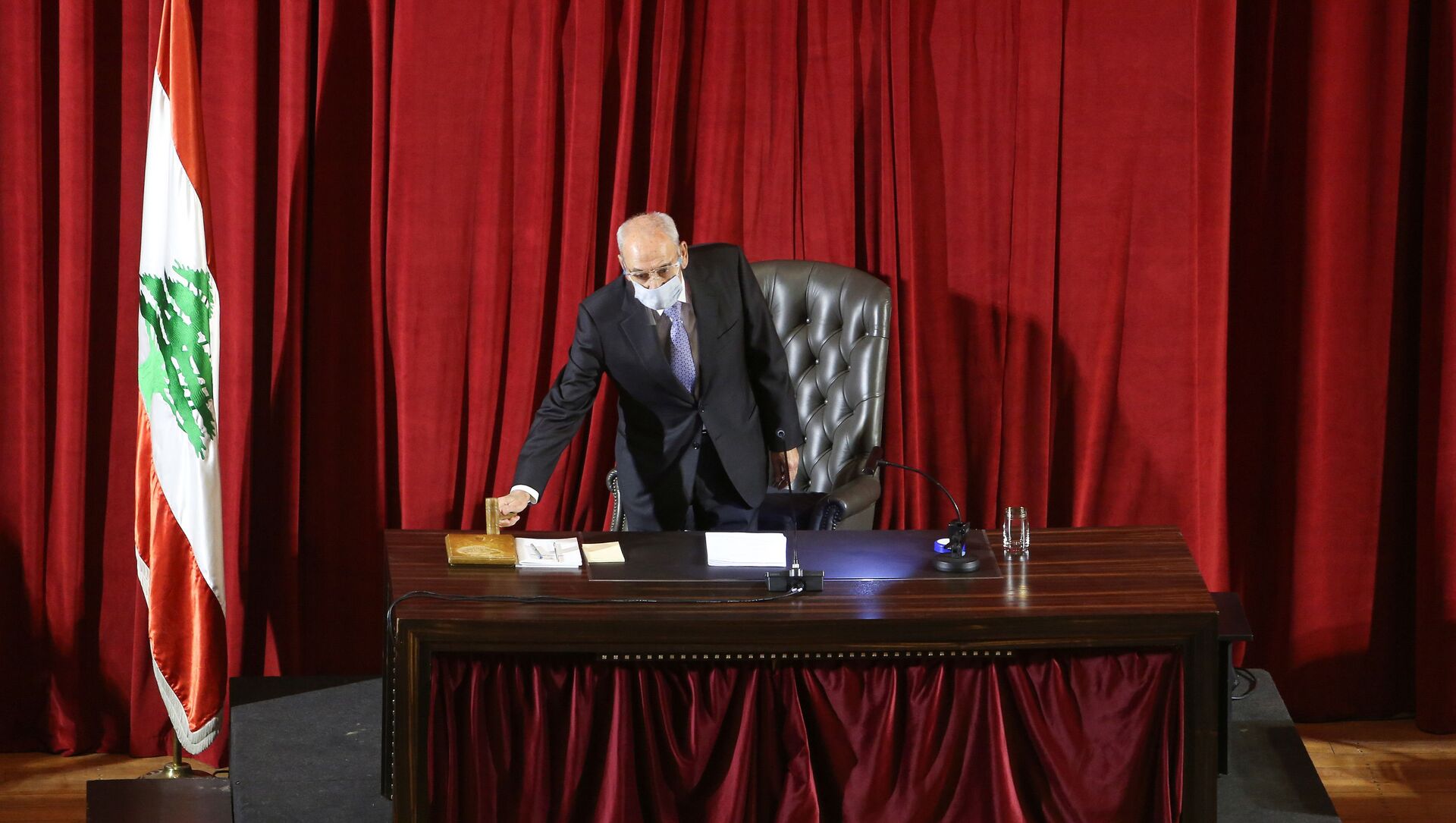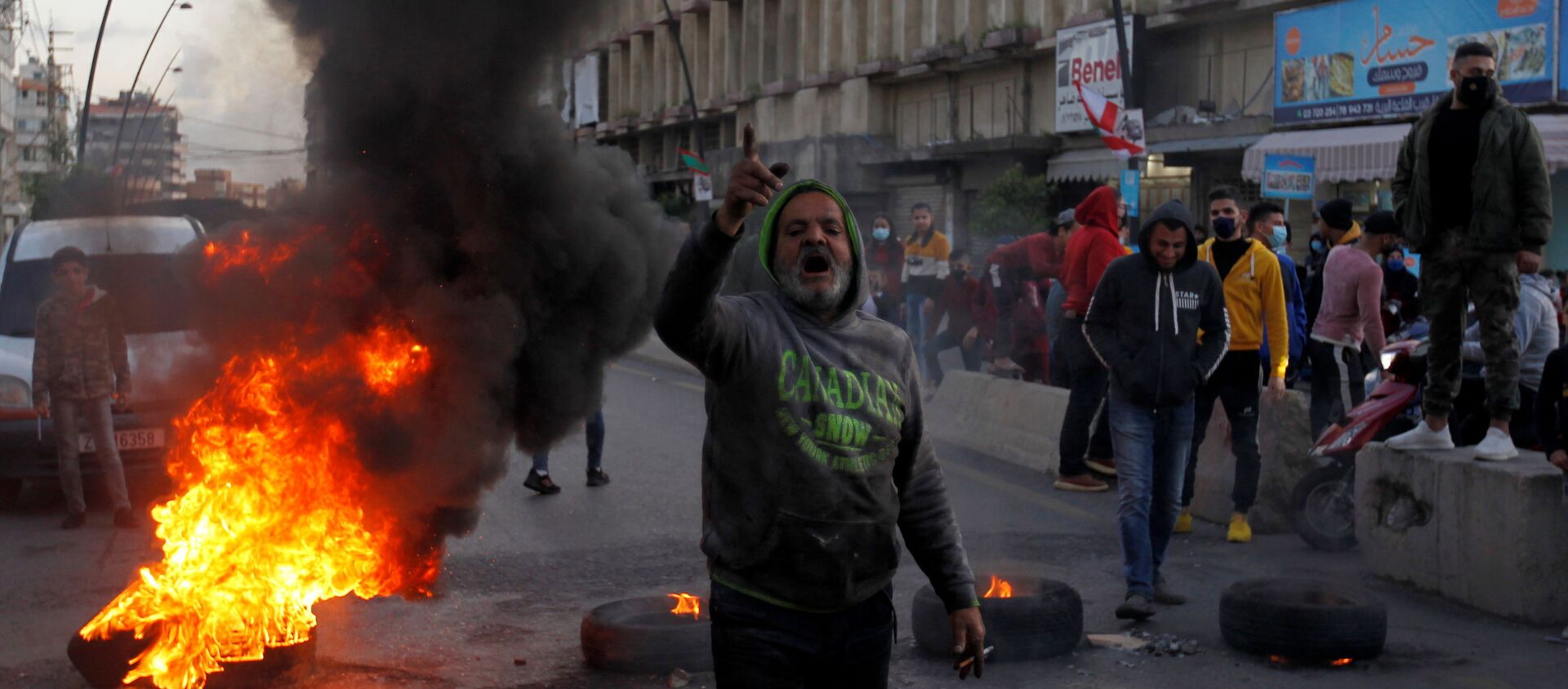Speaker of the Lebanese parliament Nabih Berri said that if the country fails to form a government, it will sink like the Titanic, Reuters reported on Monday.
The remark came as he opened a session to approve emergency funds to keep the lights in the nation on for another two months.
“The whole country is in danger, the whole country is the Titanic,” the speaker said in a televised opening speech. “It’s time we all woke up because in the end, if the ship sinks, there’ll be no one left.”
After the country's energy ministry warned that cash would run out for power plants by the end of the month, Parliament approved a $200 million loan to pay for fuel to produce electricity.
"This should be enough for electricity for around two months or two-and-a-half," Cesar Abi Khalil, a member of parliament and former energy minister is quoted in the report as saying.
According to the report, the Lebanese parliament also passed a bill that supporters argue would make it easier to recover stolen public funds, but some lawmakers openly doubt it would yield anything.
"Effectively, all these texts cannot be implemented," Lebanese lawmaker Jamil al-Sayyed reportedly said in televised comments. “What’s happening is a charade ... We’re lying to you.”
The country has been without a functioning government since August of last year, when the cabinet of caretaker Prime Minister Hassan Diab resigned in the aftermath of the Beirut port explosion, which destroyed a large part of the capital.
Due to the political impasse with Aoun, Hariri, who was nominated in October, has been unable to shape a new cabinet.
The financial crisis in Lebanon, which began in 2019, has pushed nearly half of the country's six million people into poverty, destroyed employment and savings, and reduced consumer buying power. It is the country's worst financial crisis since the 1975-1990 civil war, with decades of corruption and crippling debt.
Due to a shortage of fuel, the Zahrani power plant, one of Lebanon's four major electricity producers, was reportedly shut down earlier.
To date, the electricity generation capacity in Lebanon still does not meet the demand, with power blackouts being common across the country, coupled with high tariffs. The population is being provided with electricity only for several hours a day. The rest of the time people are forced to buy electricity from owners of private power generators at higher prices.



